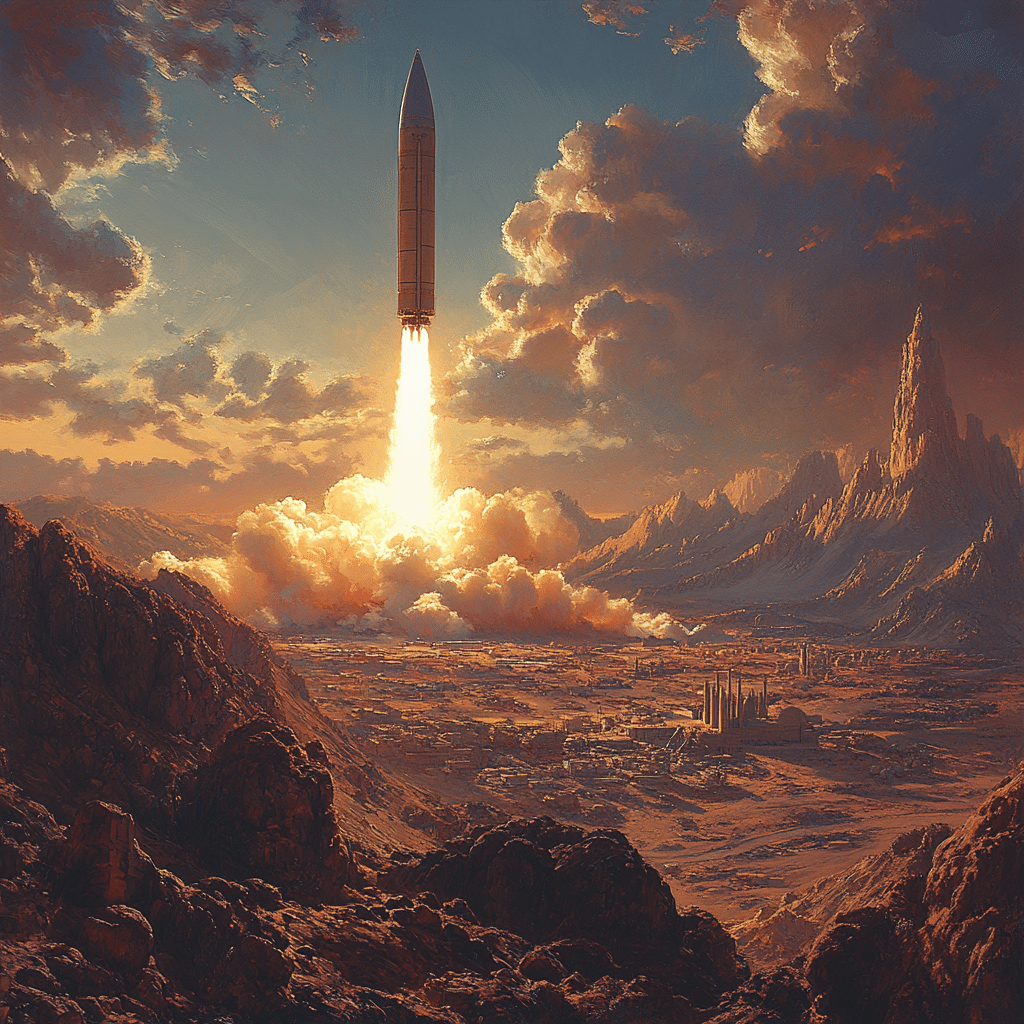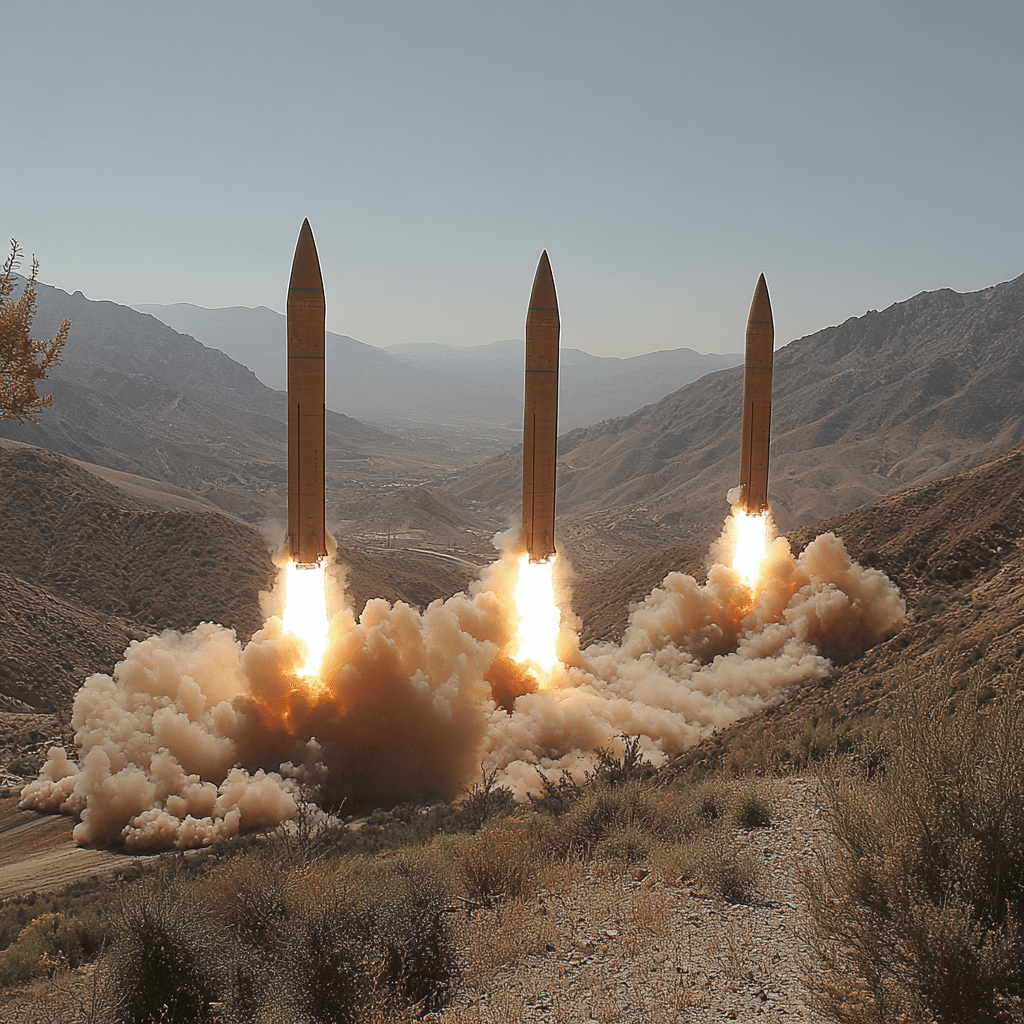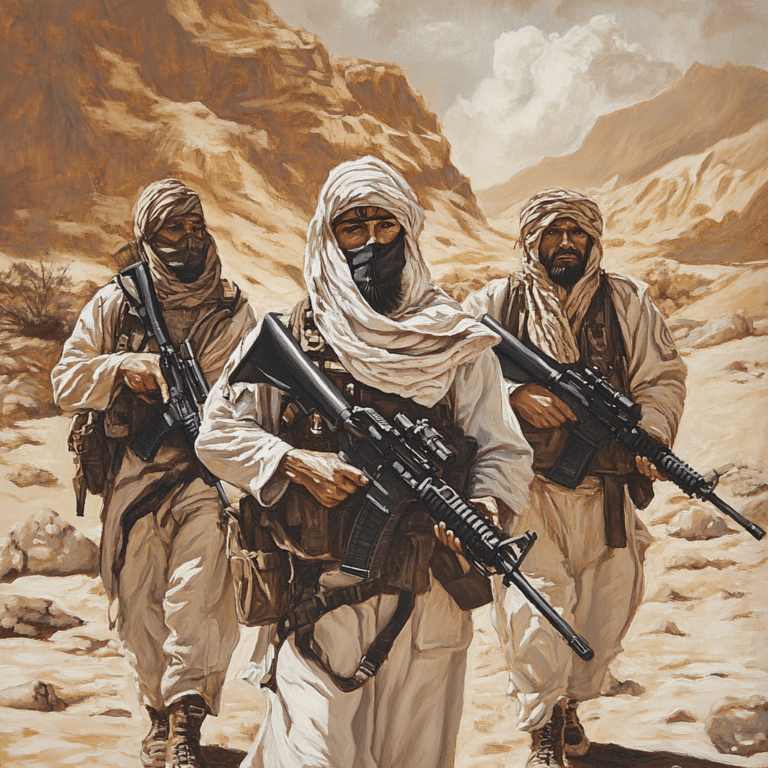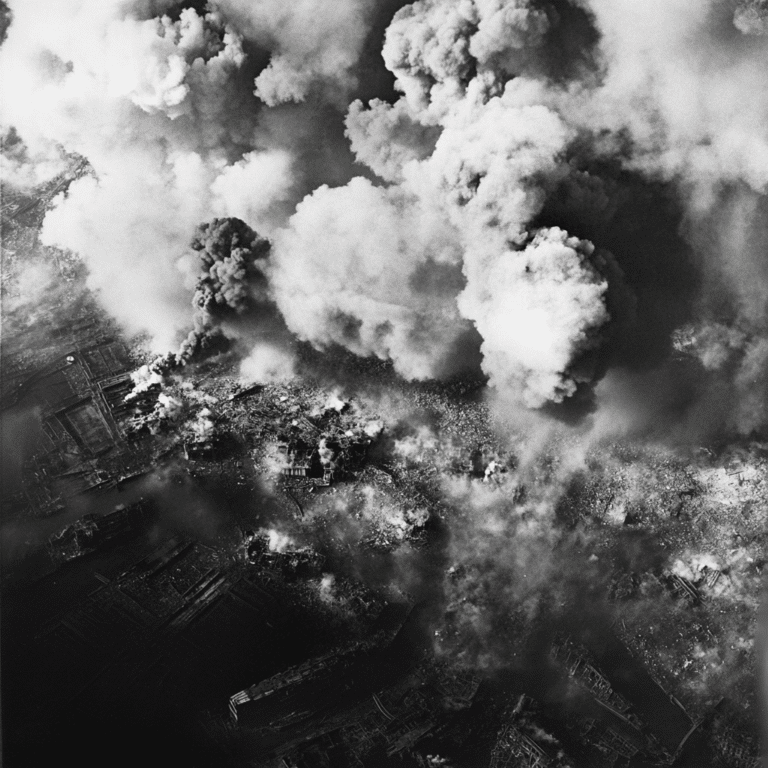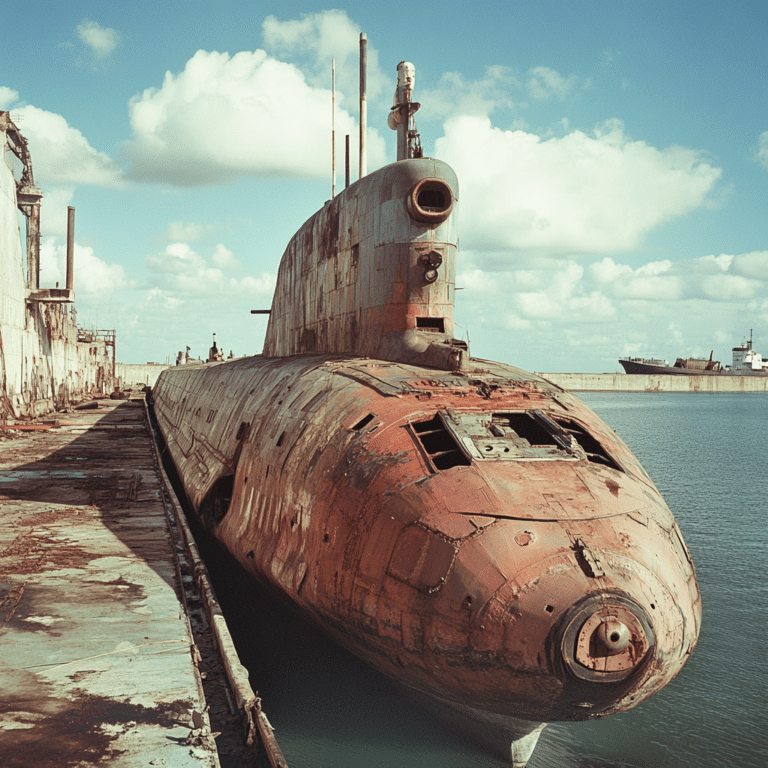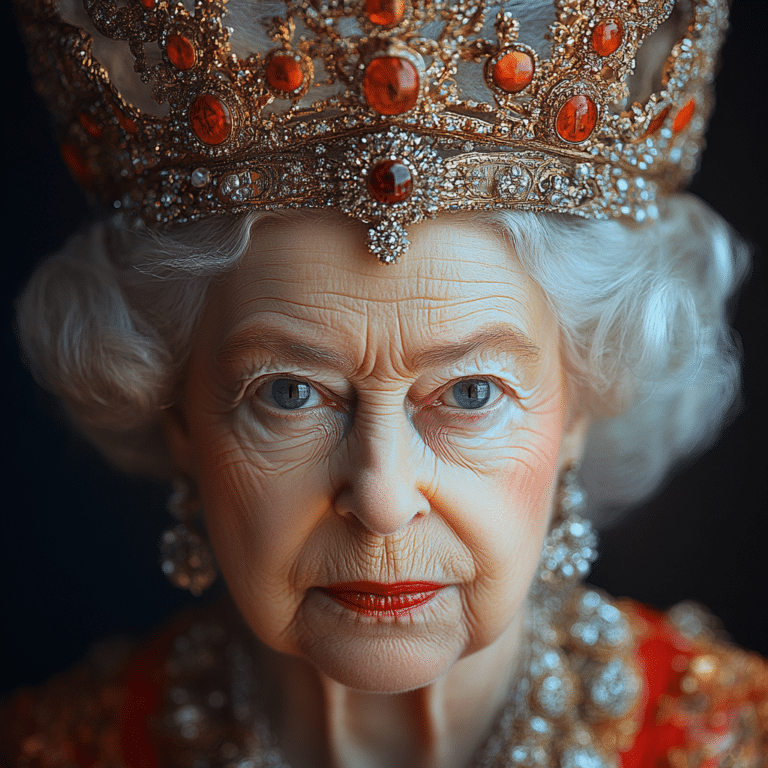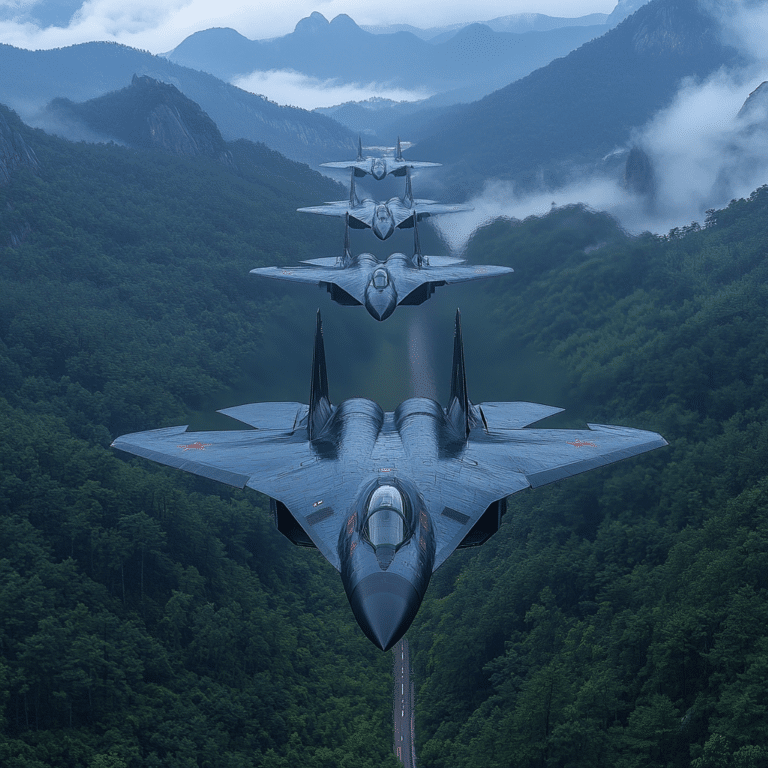The question of does Iran have nukes looms large over international relations and security talks. The implications are profound, not only for the Middle East but for the entire world. For decades, experts, politicians, and pundits have grappled with this question, leading to various conclusions—some alarming, some less so. As 2024 unfolds, understanding the Iran nuclear saga is essential for Americans who value security and stability in a chaotic world.
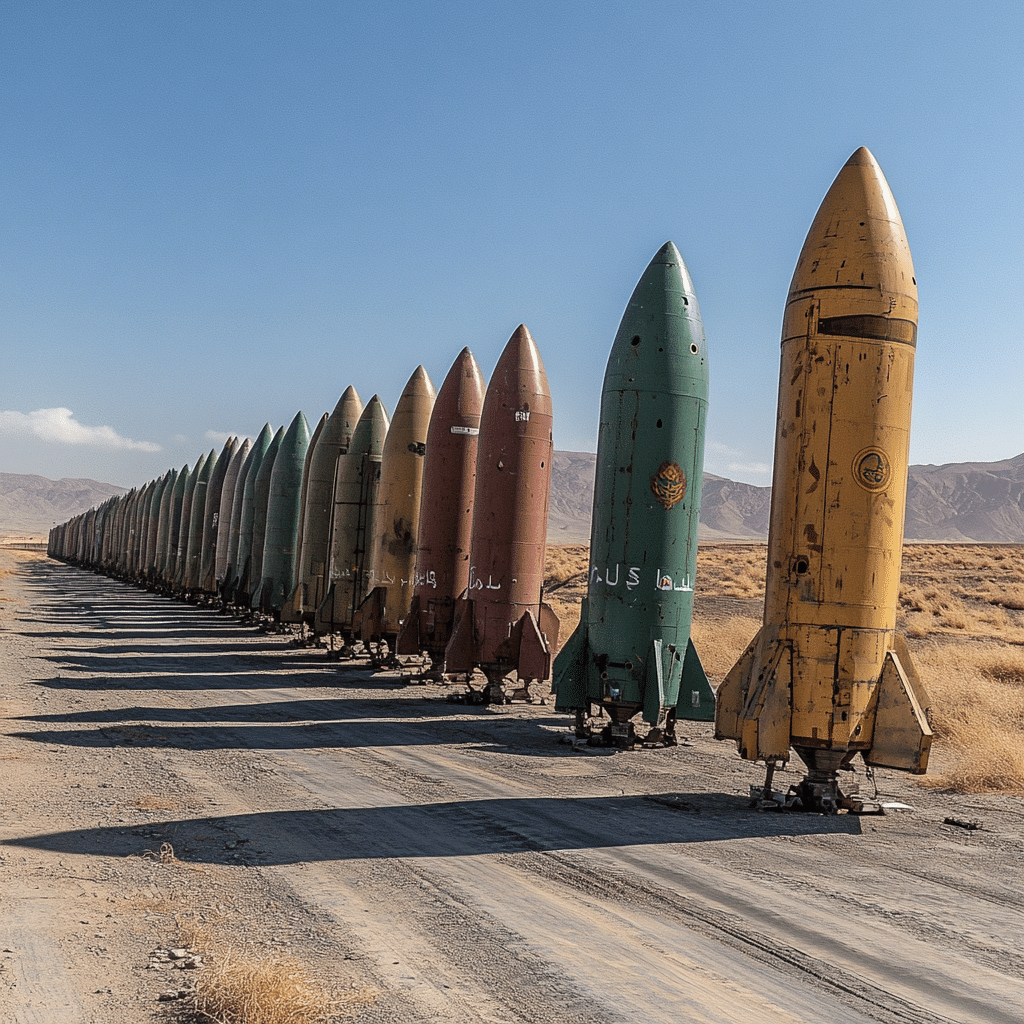
The Nuclear Reality: Does Iran Have Nukes?
For years, Iran’s nuclear ambitions have stirred debates, heightened tensions, and chased whispers across diplomatic channels. The International Atomic Energy Agency has consistently assessed that Iran is enriching uranium, which can be used for both energy and weapons. However, the critical question is: does Iran have nukes now, or are they just on the brink?
Estimates of Iran’s nuclear capability vary widely. Some reports claim that Iran has enough enriched uranium for at least one nuclear weapon, while others suggest they are still several technical hurdles away from actual production. But remember, even the potential for a bomb is a monumental change in the landscape. It raises the stakes not only for the U.S. but also for Israel and the UAE, who could find themselves in a perilous security situation.
The dilemma becomes even stickier when you consider the Joint Comprehensive Plan of Action (JCPOA). Under President Obama, this agreement was hailed as a breakthrough, but skeptics, especially from the Trump camp, argued it was merely delaying the inevitable. After the U.S. withdrew in 2018, Iran accelerated its nuclear activities, signaling a possible rush toward actual weaponization.
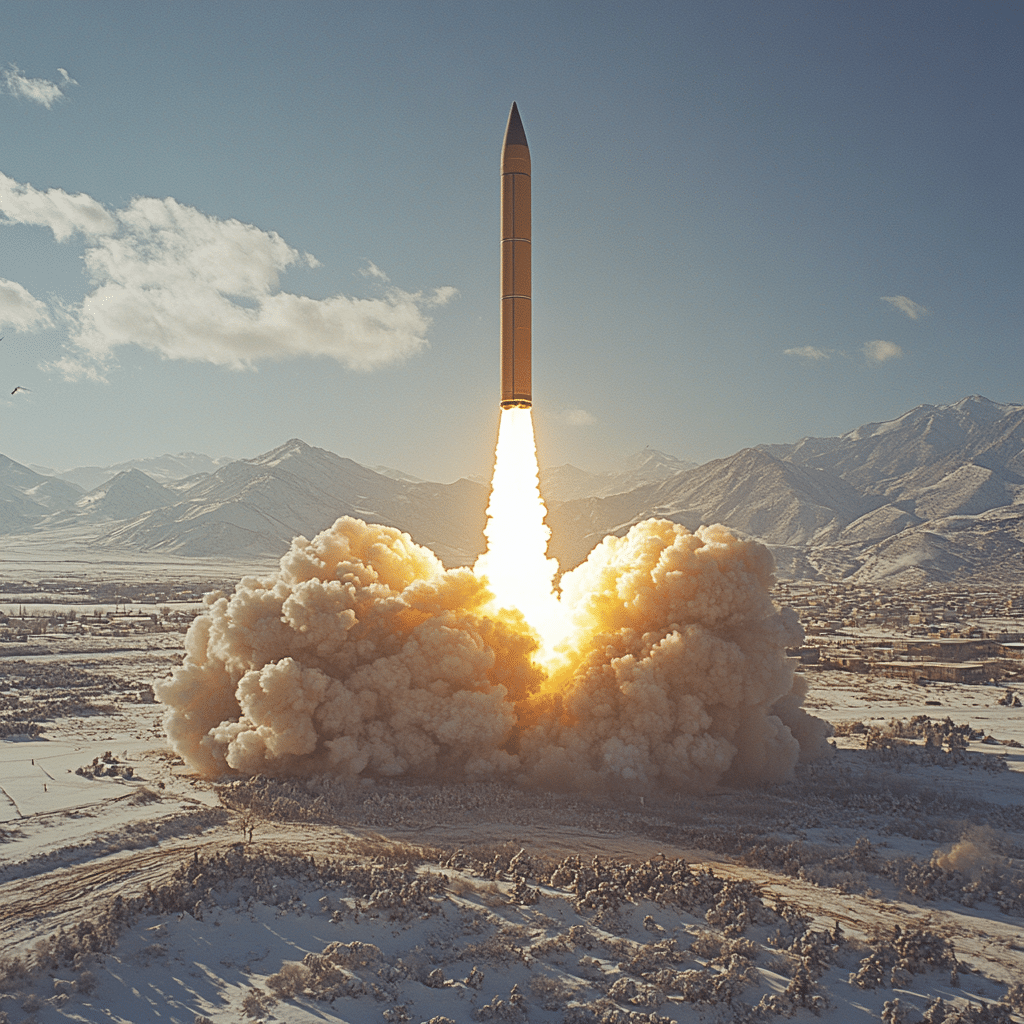
The Countdown: How Many Nuclear Weapons Does Iran Truly Have?
Current Estimates of Iran’s Nuclear Arsenal
So how many nuclear weapons does Iran really have? As of 2024, estimates suggest they may have developed enough enriched uranium to construct at least one nuclear bomb. Analysts emphasize that while they have the materials, turning that potential into a deployable weapon is no small task.
Moreover, the technological hurdles involved in weaponization are significant. Iran would need advanced delivery systems, sophisticated nuclear designs, and most critically, raw engineering expertise. This underscores the fact that while the potential for nuclear armament exists, we must not lose sight of the hurdles that remain in making it a reality.
The Role of International Agreements
The collapse of the JCPOA post-Trump has drawn a sharp line of division among those concerned about Iran’s nuclear future. Critics argue that without stringent oversight, Iran could be on a fast track to a nuclear weapon. Supporters of the deal, however, maintain that it was working—albeit imperfectly.
This leads us to a pivotal question: could renewed negotiations reset this ticking clock and avert disaster? Countries around the globe are holding their breath, hoping for a diplomatic breakthrough that could stabilize a volatile situation.
How Many Illegal Border Crossings in 2023? The Impact on Global Security
The landscape is deeper than just nuclear weapons. In 2023, illegal border crossings surged dramatically, raising alarming questions about national security. As the conversation shifts to potential nuclear threats, we must also consider how porous borders could allow for the smuggling of dangerous materials.
There have been reports of individuals crossing the U.S. border from countries that are known to sponsor terrorism, including Iran. This reality drastically shifts the focus from just nuclear capabilities to how governments monitor and control illegal crossings. Failure to address this not only jeopardizes our homeland but could also pose risks of nuclear material coming into the wrong hands.
The Rise of Violence: How Many School Shootings in 2023? A Reflection on Domestic Policy
While we keep an eye on Iran’s nuclear aspirations, we cannot ignore the domestic landscape where violent incidents have surged, raising many eyebrows. In 2023 alone, the U.S. recorded a staggering number of school shootings, highlighting vulnerabilities at home.
How does this relate to foreign policy and an aggressive nation like Iran? Easy. When domestic policies falter, and the government grapples with crises, it impacts the perception and effectiveness of our diplomatic efforts. Pooling resources towards understanding and dealing with internal violence may create a vacuum.
The Political Landscape: Who is the Most Unpopular Vice President in History?
Meanwhile, the political environment complicates things further. Among the chaos, we find Kamala Harris, whose approval ratings have plummeted to striking lows. Many polls suggest she is now one of the most unpopular vice presidents in history. Questions about her competency echo in discussions around foreign policy, especially as tensions between the U.S. and Iran escalate.
How can the administration hope to maintain a strong diplomatic front when one of its key figures is struggling to keep approval ratings above water? Harris represents a leadership that faces serious scrutiny, even as the Iran situation unfolds.
Government Stability: Is the Government Shutting Down? The Connection to Foreign Policy
The looming specter of a government shutdown in 2024 brings another layer of uncertainty. A government shutdown could cripple diplomatic outreach, leaving the U.S. less equipped to navigate the stormy waters of nuclear diplomacy with Iran.
Is the government shutting down? Many Americans are asking this question as political stalemates become increasingly common. The failure to pass necessary funding not only impacts domestic roles but could prevent key intelligence operations related to Iran’s nuclear capabilities from functioning.
Did the Government Shut Down? Current Effects on Iran Relations
If a government shutdown does occur, we can expect a ripple effect across international relations, especially concerning Iran. Vital intelligence operations might stall, stunting our ability to monitor Iran’s advancements closely. A government unable to function smoothly affects its status on the global stage and weakens friends and allies who depend on America for support.
Diminished intelligence capabilities raise concerns, making it easier for rogue nations like Iran to advance their agendas unchecked. It’s time we take a long, hard look at our priorities.
A Comparative Perspective: Does Israel Have Nuclear Weapons? The Balance of Power
As we discuss does Iran have nukes, understanding the role of Israeli nuclear capability provides essential context. Israel is widely believed to possess an advanced nuclear arsenal. This complicates the dialogue surrounding Iran’s potential nuclear capabilities and raises questions about the delicate balance of power in the region.
Israel’s possession of nuclear weapons serves both as a deterrent against potential threats and a source of tension in regional relations. As the prospect of Iran developing its own nuclear arsenal looms larger, the stakes for Israel become especially high.
The Role of International Alliances
Moreover, international alliances can influence Iran’s calculus. Cooperation with nations like Saudi Arabia and the UAE could bolster regional stability or provoke a counter-response from Iran. The interplay of these relationships makes for a complicated chess game.
Wrapping It Up: Navigating the Future of Iran’s Nuclear Program
The concern over does Iran have nukes is not merely a question of hardware but a reflection of broader geopolitical strategies. For American conservatives, navigating this landscape requires vigilance and a robust understanding of both domestic and international contexts.
With increasing incidents of illegal border crossings, alarming domestic violence rates, and a politically unstable administration, the future appears markedly challenging. The dialogue around Iran’s nuclear intentions offers a lens to examine how threats evolve and diversify in our complex world.
As we move forward, we must ensure our national policy reflects a commitment to vigilance and strength. It’s a complicated path ahead, and the decisions made today will echo through history. America cannot afford to step back; we must stand strong against any threat, especially when it involves nuclear capabilities, whether from Iran or beyond.
Does Iran Have Nukes? The Shocking Truth Must Be Told
When pondering does Iran have nukes, it’s essential to understand the landscape shaped by both historical and current events. Since the early 2000s, Iran has been under scrutiny regarding its nuclear ambitions, leading to a tug-of-war of diplomatic endeavors and sanctions. For those unaware, nations like North Korea have long been a part of this worrying club, and their cases often come to mind when discussing if another player, like Iran, has joined the ranks.
The Nuclear Puzzle Unraveled
A fascinating tidbit: many people don’t realize that Iran signed the Nuclear Non-Proliferation Treaty (NPT) back in 1968 but has faced allegations of breaching its commitments since the early 2000s. Just think, if they went fully nuclear, the stakes wouldn’t just rise in the Middle East but could echo across the globe, impacting everything—even current interest rates For Homes being influenced by a fluctuating geopolitical climate! In the midst of these thrills and spills, you might stumble upon the odd social media shoutout about famous faces like Ricky Van veen, who often share their takes on such serious topics, ironically juxtaposing their carefree lives with the gravity of the situation.
Interestingly, international inspectors reported that Iran has enriched uranium to levels well above what is considered allowed under the NPT. This sounds alarming, right? Yet, despite the tensions, we can’t lose sight of life’s little joys. Just look at Adolis Garcias recent stats—he’s a prime example of how the spotlight can shift in a heartbeat, making you realize that while global issues are severe, there’s always a moment to appreciate sporting triumphs or the latest Dru Hill Songs lighting up our playlists!
What Lies Ahead?
As we examine the evidence and rumors surrounding does Iran have nukes, it’s worth noting that a military confrontation could reshape markets and society as we know it. Everything from homes to investments would feel the pinch. Now, wouldn’t that be something similar to how a shocking car crash in Tacoma, Washington, throws the local community for a loop? We can only hope rational minds prevail, and dialogue continues to flourish.
In wrapping things up, it’s crucial for the geopolitical climate to stay stable, as volatility could not only lead to warfare but influence everyday lives—like the discourse surrounding Ryan and Trista’s separation, which becomes a fleeting distraction from the pressing global inquiries. As the saga of Iranian nuclear capabilities unfolds, the world’s attention remains fixated on the path toward diplomacy and how current events interlink with everyday life. So, while serious discussions on “does Iran have nukes” loom, let’s remember the balance—celebrating human achievement and addressing the issues that could impact us all significantly.
